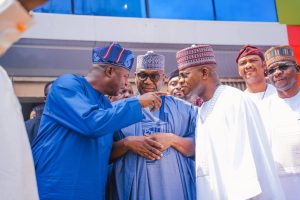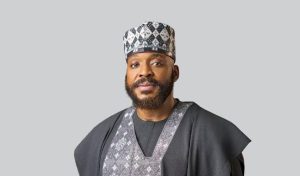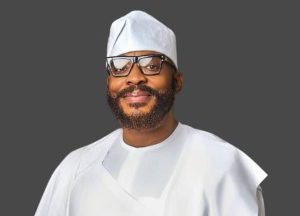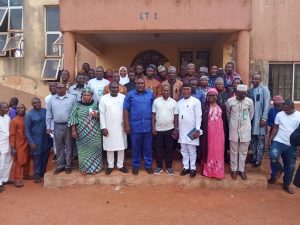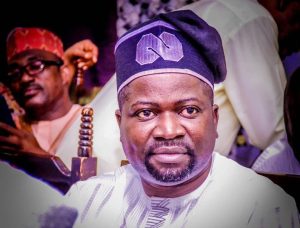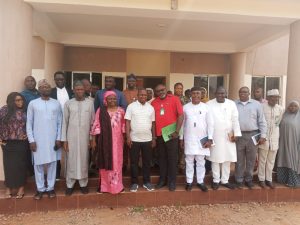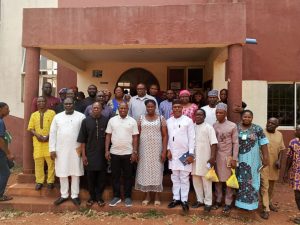Yahaya Bello: Persecution or Prosecution? A Reflection on EFCC’S Missteps and The Fight For True Accountability
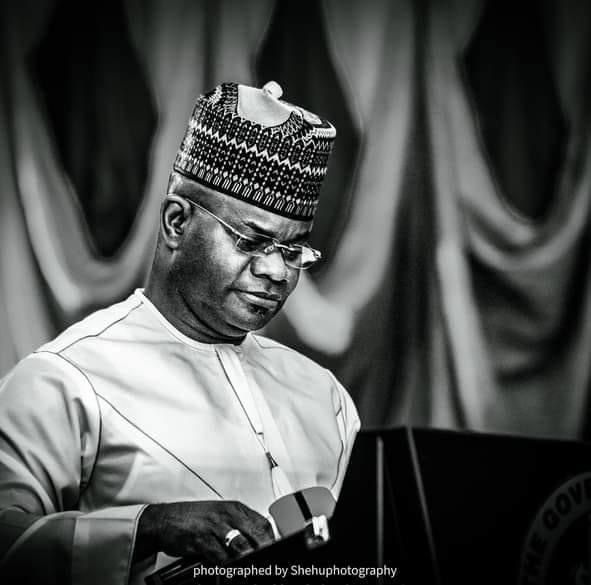
The year 2024 has been marked by the ongoing legal tussle between the Economic and Financial Crimes Commission (EFCC) and former Kogi State Governor, Alhaji Yahaya Adoza Bello, over allegations of mismanagement of state funds and other related issues. While the public has witnessed a spectacle of how not to prosecute a case, the legal intricacies continue to leave Nigerians confused by the finer details. Having followed the case from its inception, I, like millions of other Nigerians, remain perplexed. One thing is certain: it should not be this complicated.
Yahaya Bello has always been a figure who commands attention. Since his unexpected rise to the top of Kogi politics in 2015, Bello has courted controversy. Some may argue that controversy follows him wherever he goes, which explains why his case has attracted significant media attention, while other cases of equal importance are quietly ignored. However, Bello has demonstrated his willingness to submit to prosecution as long as it operates within the bounds of the law. Yet, the EFCC, under its current leadership, seems more interested in persecuting rather than prosecuting him. Regardless of personal opinions about Yahaya Bello—whether as a politician or a Nigerian citizen—wrong should be acknowledged as wrong.
The Tinubu administration has repeatedly expressed its commitment to addressing the systemic leakages that have plagued Nigeria’s governance since the return to democracy. This has been evident in key reforms, including the discontinuation of unsustainable subsidy payments and the reining in of scarce forex allocations to stabilize the Naira. While many Nigerians with a long-term perspective can appreciate these strides, it is difficult to reconcile them with the EFCC’s recent activities.
How does one justify spending millions of naira in taxpayer money to declare a man wanted, only for that same man to voluntarily submit himself for questioning and be ignored? Even more baffling was the subsequent armed invasion of the Kogi State house in Asokoro, where live rounds were fired in an apparent attempt to intimidate the former governor. Rather than acting as a custodian of the law, the EFCC presented itself as an institution devoid of respect for due process, flaunting a penchant for unnecessary displays of force. With billions declared annually in the fight against corruption, how can this reckless expenditure be justified? After all, public funds could be better utilized elsewhere in our developing nation.
On that day, the EFCC demonstrated to Nigerians that, instead of upholding the rule of law, it had become an entity that instills fear. Law-abiding citizens, who only want to rest after a long day of work, now live in fear of stray bullets from the very institution meant to protect them.
This raises a pressing concern: Is the EFCC still capable of handling the overwhelming volume of corruption cases on its plate, without compromising its integrity or relying on heavy-handed tactics? I think we all know the answer.
Just yesterday, President Bola Ahmed Tinubu, represented by Vice President Kashim Shettima, reiterated the need for a collective effort to “aggressively tackle” Nigeria’s common enemy: corruption. He pointed out that frequent court adjournments, frivolous applications, and conflicting orders have hampered progress in corruption cases. This echoes the concerns raised by Barrister Abang Odok-Ogar in 2015, who criticized the EFCC for filing weak charges against governors without sufficient evidence, thereby prolonging cases unnecessarily.
If the Tinubu administration truly seeks to make meaningful strides in all identified sectors, it must scrutinize how the revenue it painstakingly raises is being spent. The current trend of filing flimsy charges by the EFCC, which triggers a chain reaction from other actors with their reputations at stake, only contributes to the stalling of cases. While recent efforts to improve the judiciary, such as better remuneration for judges and housing in Abuja, are commendable, the core issue remains: the EFCC must set the example for others to follow.
This sentiment was echoed by Justice Abubakar Kutigi of the Federal Capital Territory in March when he dismissed the “frivolous charges” against former Attorney General of the Federation, Mohammed Bello Adoke. Kutigi warned the EFCC to exercise “utmost care and attention to detail,” especially in corruption cases. This case, like many others involving the EFCC, should not have reached the courts.
The EFCC has numerous cases that have dragged on for over a decade, adding to the billions declared annually in its budget. This not only represents a mismanagement of scarce resources but also reveals the commission’s inability to gather sufficient evidence for proper prosecution. The Nigerian government goes to great lengths to generate revenue; it cannot afford for anti-graft agencies to squander it.
This is why states like Lagos have taken proactive steps to limit the EFCC’s reach. In 2021, Lagos passed a law barring federal agencies from investigating corruption cases involving state finances, transferring such authority to the state government. Section 13(3) of the law explicitly states, “the commission shall, upon the commencement of this law, take over the investigation of all anti-corruption and financial crime cases involving the finances and assets of the Lagos State Government being investigated by any other agency.” Given the EFCC’s track record, such a move is understandable.
Lagos, despite being a leader in revenue generation, has spent a considerable amount defending itself against EFCC charges—many of which were thrown out for lack of merit. The commission has been investigating former Lagos governors, including President Tinubu, Babatunde Fashola, and Akinwunmi Ambode, with no substantial charges ever filed. This has led to billions of naira being spent on cases that yield no results, further diminishing the commission’s credibility.
Nigeria is on a path toward stability and prosperity, driven by bold reforms initiated by President Tinubu. Other states should follow suit by asserting more control over their internal affairs. However, these reforms can only take flight and be recorded as success once anti-graft agencies like the EFCC are held accountable. They must abandon their penchant for frivolous charges and instead focus on building solid, evidence-backed cases that truly serve the nation.
Yahaya Bello’s case reflects a broader crisis of integrity within Nigeria’s anti-corruption framework. Bello, the supposed accused, has willingly engaged with the legal process, whilst the EFCC has only succeeded in undermining its credibility with its disorganized and heavy-handed approach towards tackling this imbroglio. As Nigeria moves forward, a crucial part of its journey towards realizing potential must lie in the reformation of institutions like the EFCC. It is not enough to be called a corruption fighting agency, you must also do so transparently and with a commitment to the rule of law.
Only then can Nigeria realize the vision of a just and prosperous nation.
Samuel Babatunde Aina writes from Abuja.

